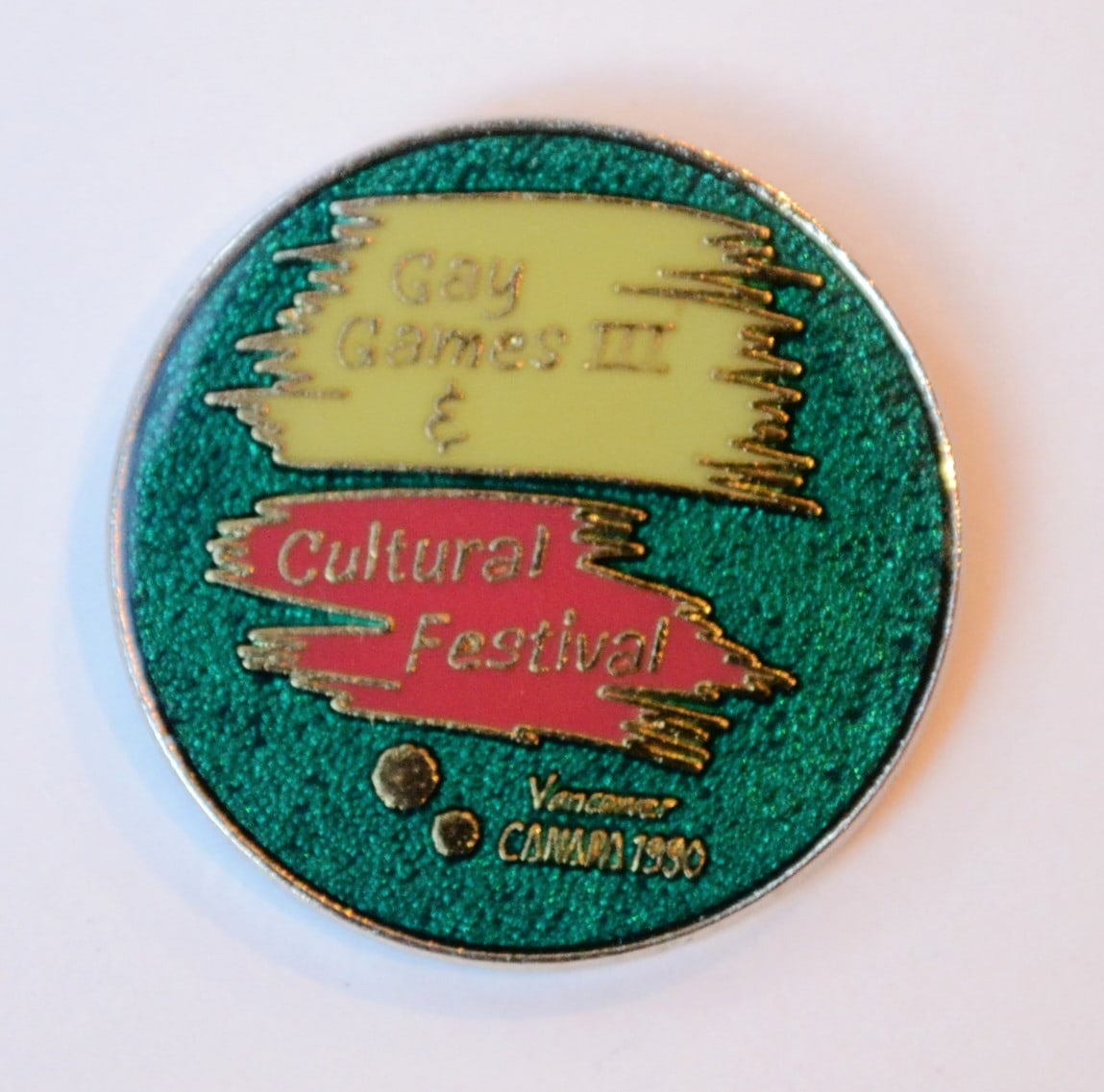By James Gunn
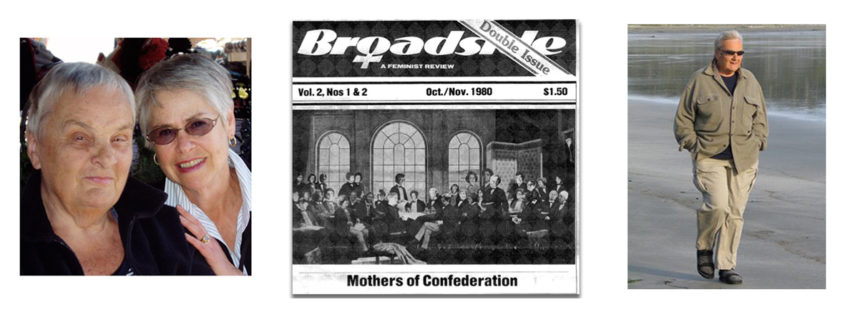
“Eve is a mentor to many and in my mind an unsung hero. The work which she pioneered during the Women’s Movement continues to be the fight for human rights in our current time. It is my hope that her induction will make more people aware of her life as an immigrant, a feminist activist, and a ground-breaking mystery writer.”
Nadine Arpin
Eve Zaremba was born in Poland in 1930. The Second World War displaced her family to Scotland and England, where she was sent to a boarding school in Reading until the age of fifteen. In 1952, Eve emigrated with her parents to Canada. Since 1955 she has been living in Toronto where she graduated from the University of Toronto. Back in the 1970s and 1980s she was an activist in organizations promoting equal rights for women. She was a co-founder of Broadside, A Feminist Review. Eve is the author of a series of mystery novels and the editor of The Privilege of Sex, an anthology of Canadian women prose writers.
Lynne Fernie and Nadine Arpin respectively nominated and sponsored Eve to be inducted in the National Portrait Collection. Lynne is a Canadian filmmaker and interdisciplinary artist. She was a founding member of numerous arts and LGBTQ2+ organizations in Toronto, including the arts magazines Fireweed and Parallélogramme, LOOT (Lesbian Organization of Toronto) and the Inside Out Film and Video Festival. Nadine is a Two-Spirited Métis filmmaker based in Sioux Lookout, Ontario. She has been producing and directing independent short films since 2014 with her film production company Cedar Water Films. In the following interview, Lynne and Nadine reflect upon their personal encounters with Eve and how her influence has been felt.
When did you first become aware of Eve Zaremba and her work? How has she inspired your own research and creative pursuits?
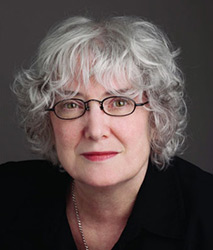
LF: I met Eve briefly around 1978 when she was in the collective that was founding the feminist newspaper Broadside and I was a member of a collective of women writers and poets who were founding Fireweed, a feminist cultural and political quarterly. But we didn’t get to know one another until the 1980s when a handful of women writers who met once a month for dinner invited me to join them. We’ve met for some 30 plus years now to have free-ranging and passionate conversations about – well just about everything– from literature to films to feminism and politics. Eve’s intelligence and knowledge informed by what she’s learned from her own personal history and activism has been central to our discussions.
NA: I first met Eve three years ago through her spouse Ottie Lockey. Ottie and I were working on an Ontario Arts Council jury together and struck an immediate connection. During one of the breaks we went for coffee to discuss our mutual filmmaking practice. At the coffee shop counter Ottie told the server her name was Eve. Intrigued I asked, “who’s Eve?” to which Ottie respond, “Eve Zaremba is my partner, you’ll like her. She’s a writer. She wrote a series of crime mysteries about a Métis, lesbian private detective.” I was immediately intrigued and proceeded to devour all six novels. When I learned that Eve had conceived her literary character, Helen Keremos, while on a solo road trip across Canada somewhere between Winnipeg and Thunder Bay, it sparked an idea. This was at a time in my life when I was struggling to process the unsolved murder of a friend in my home town of Sioux Lookout. I began to think, if this was a storyline in a Helen Keremos mystery, she would not rest until she brought the murderer to justice. I speculated on how to rewrite the narrative and prevent my friend’s death, if only in a fictional context. I suggested to Eve that she bring Helen out of retirement to solve a new mystery tentatively called “Spirit Falls”. To my delight she agreed. Currently I am working on a new documentary film that will act as a prelude to “Spirit Falls”.
The character Helen Keremos has been described as the first lesbian private detective in the mystery genre. A new graphic novel based on Work For A Million, is slated for publication in 2020. How would you like to see queer genre fiction evolve in reach, subject matter or style?
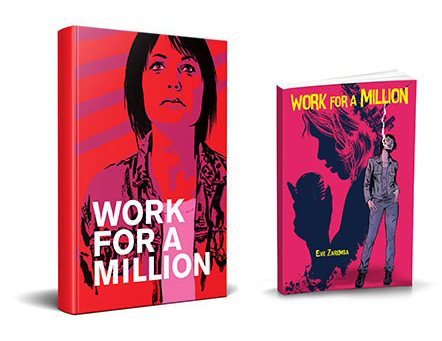
NA: The forthcoming documentary, Eve Zaremba’s Dyke Detective: An Origin Story will see the politics of sexual orientation and Indigenous culture brought together for the first time on screen. The new crime story “Spirit Falls” that’s in progress will continue this exploration of identity and culture and bring queer mystery fiction out of the urban and into rural backwoods Northwestern Ontario.
How do you imagine Eve’s induction in the National Portrait Collection might promote storytelling within the LGBTQ2+ communities?
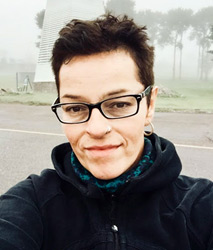
NA: Eve is a mentor to many and in my mind an unsung hero. The work which she pioneered during the Women’s Movement continues to be the fight for human rights in our current time. It is my hope that her induction will make more people aware of her life as an immigrant, a feminist activist, and a ground-breaking mystery writer. I can’t help but think how empowering it would have been to discover her books when I was a teenager troubled with my identity in a small town steeped in racism and homophobia. I welcome the efforts of The ArQuives and hope this collection will come to my community in the future.
LF: Eve’s induction will not only shine a light on her fabulous lesbian detective novels, it will also bring to focus her life as a true trailblazer in feminist and lesbian politics and culture in Toronto. From cutting the first rent check for the revolutionary Women’s Place building on Dupont Street in the 1970s to her work writing for and co-founding Broadside, from running her bookstore to publishing and writing, she has made significant contributions to the Women’s Movement. I hope Eve will continue to inspire lesbians across generations, backgrounds, and art forms.

